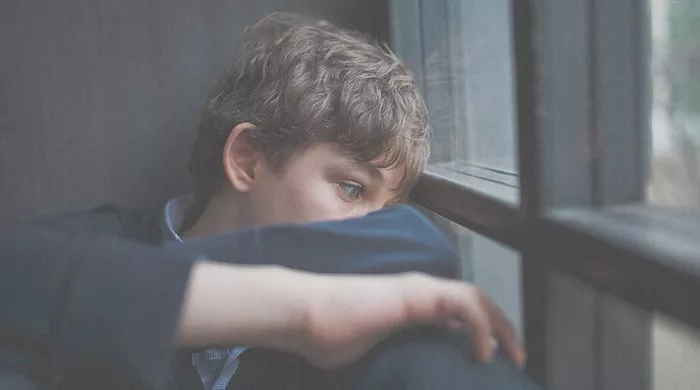A new study from Japan underscores the profound impact of childhood maltreatment (CM) on parental empathy, revealing how past trauma may contribute to a cycle of abuse passed down through generations.
Published on March 5, 2025, in Scientific Reports (Volume 15), the research, led by a team from the University of Fukui, explores the complex pathways linking childhood abuse, emotional health, and parenting practices. The study was conducted by graduate student Yuko Kawaguchi, alongside Assistant Professor Shota Nishitani, Associate Professor Takashi X. Fujisawa, and Professor Akemi Tomoda.
“Rather than framing child maltreatment as a simple binary of yes or no, we sought to understand it on a spectrum,” said Kawaguchi. “This approach allows for a more nuanced view of how past trauma manifests in parenting behavior.”
Investigating Intergenerational Trauma
Previous research has shown that individuals who suffer abuse during childhood often struggle with empathy and emotional regulation in adulthood—two critical components of effective parenting. This latest study builds on that understanding by using path analysis, a statistical technique that maps out the relationships between multiple psychological variables.
The researchers examined two groups: 13 mothers with a personal history of abuse who had also engaged in maltreatment, and a control group of 42 mothers with no such history. The study evaluated how childhood trauma, emotional empathy, depressive symptoms, and parenting styles are interrelated.
A comprehensive set of standardized assessments was used to evaluate participants. Childhood experiences were measured using the Adverse Childhood Experiences (ACE) questionnaire and the Childhood Trauma Questionnaire (CTQ). Empathy levels were gauged with the Interpersonal Reactivity Index (IRI), while depressive symptoms were assessed through the Self-Rating Depression Scale (SDS). Parenting behavior was evaluated using the Parenting Scale (PS).
Emotional Overload and Parenting Challenges
The findings reveal significant differences between the two groups. Mothers with a history of childhood abuse reported higher levels of trauma, including emotional, physical, and sexual abuse, as well as neglect. This group also exhibited heightened emotional empathy, particularly in the form of personal distress—a reaction that can lead to emotional overload rather than supportive responses.
Moreover, researchers found a strong correlation between higher CTQ scores and increased emotional empathy, particularly personal distress. This, in turn, was linked to elevated depressive symptoms. The study suggests that this combination of heightened emotional sensitivity and poor mental health may make it harder for mothers to respond constructively to their children’s needs, raising the risk of continuing the cycle of abuse.
“Our findings show that a history of abuse can intensify emotional empathy in a way that contributes to depression and dysfunctional parenting,” Kawaguchi explained. “By supporting emotional regulation and addressing mental health concerns, we can intervene before the cycle of maltreatment continues.”
A Path Forward
The authors recommend early and targeted interventions to support parents who have experienced CM. These may include therapeutic programs focused on emotional regulation, as well as broader mental health services and parenting education.
Integrating these findings into child welfare policies, mental health treatment, and parenting programs could foster healthier, more empathetic parent-child relationships—ultimately breaking the chain of intergenerational trauma.
You Might Be Interested In:
-
Neuropathological Basis of Visual Dysfunction in Rare Alzheimer’s Forms
-
New Insights Into How Disruption of Calcium Transport Leads to Autism and Intellectual Disability

